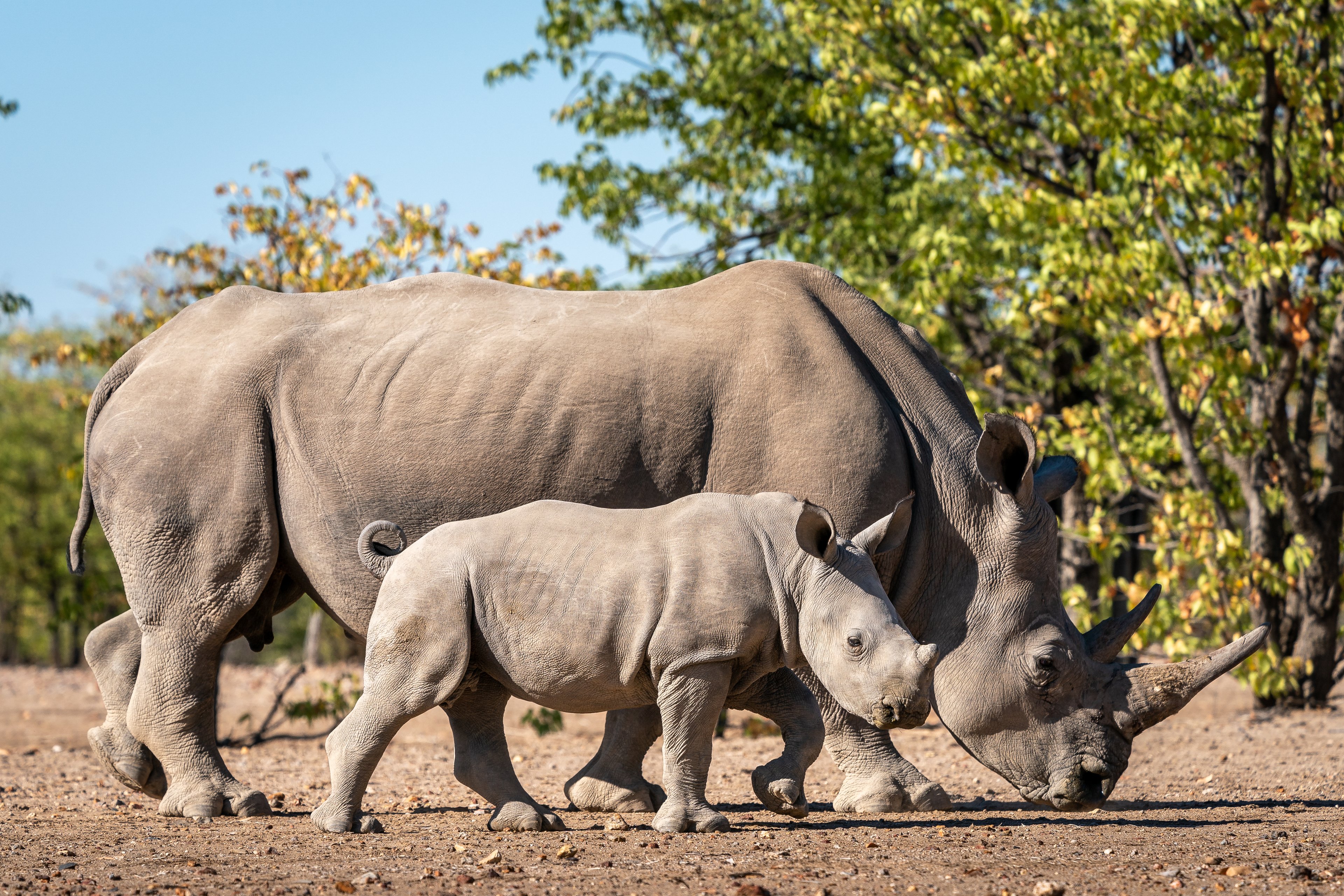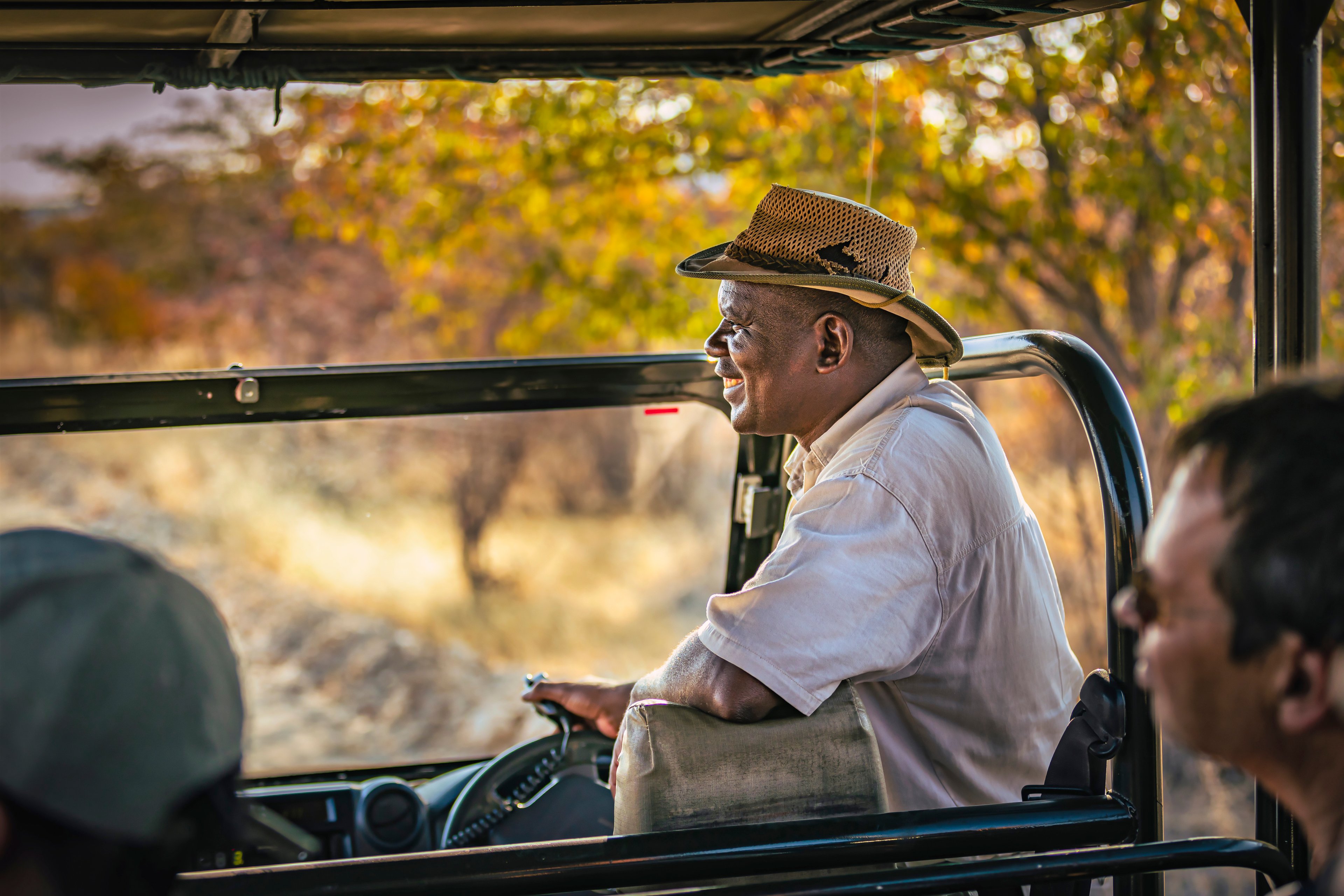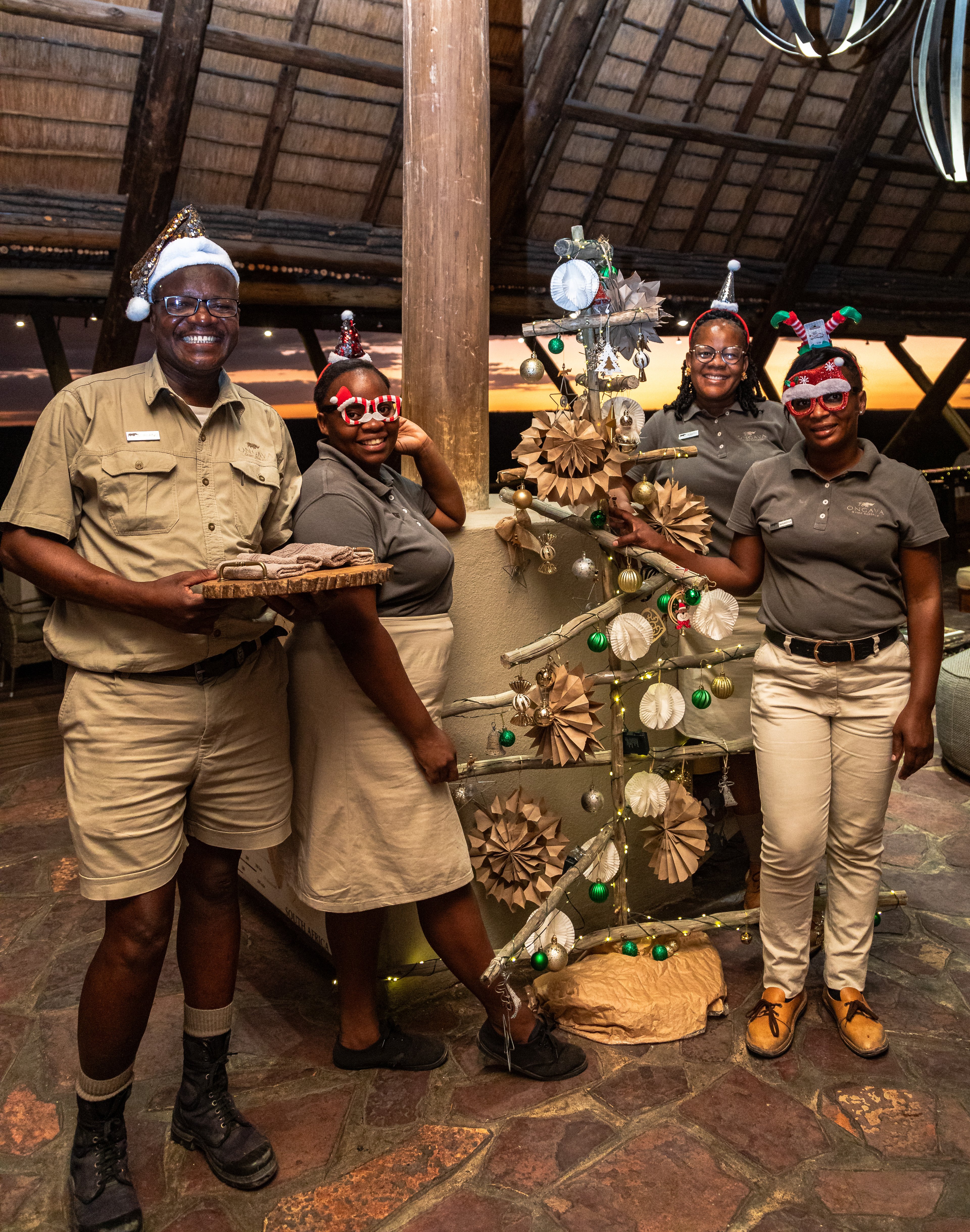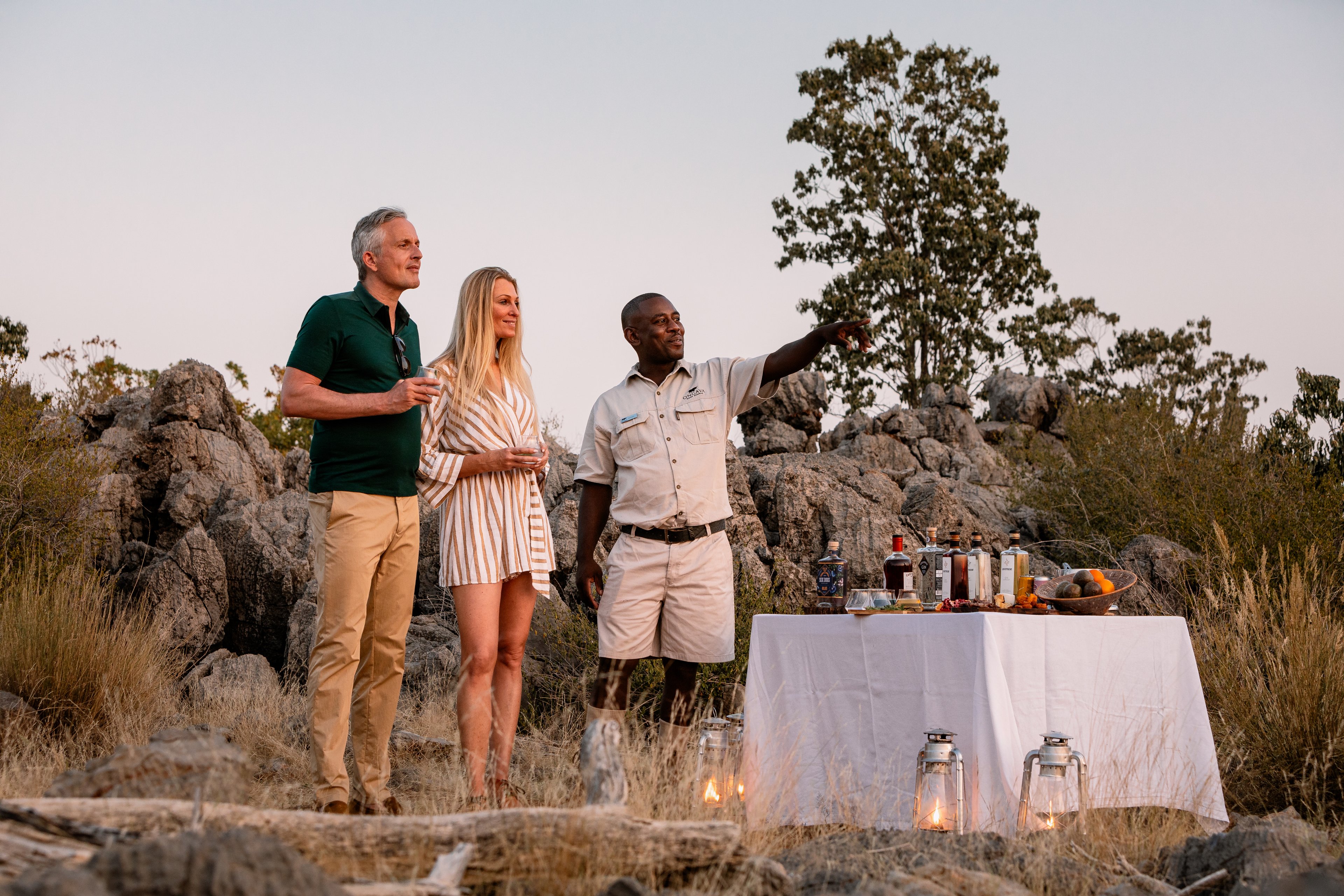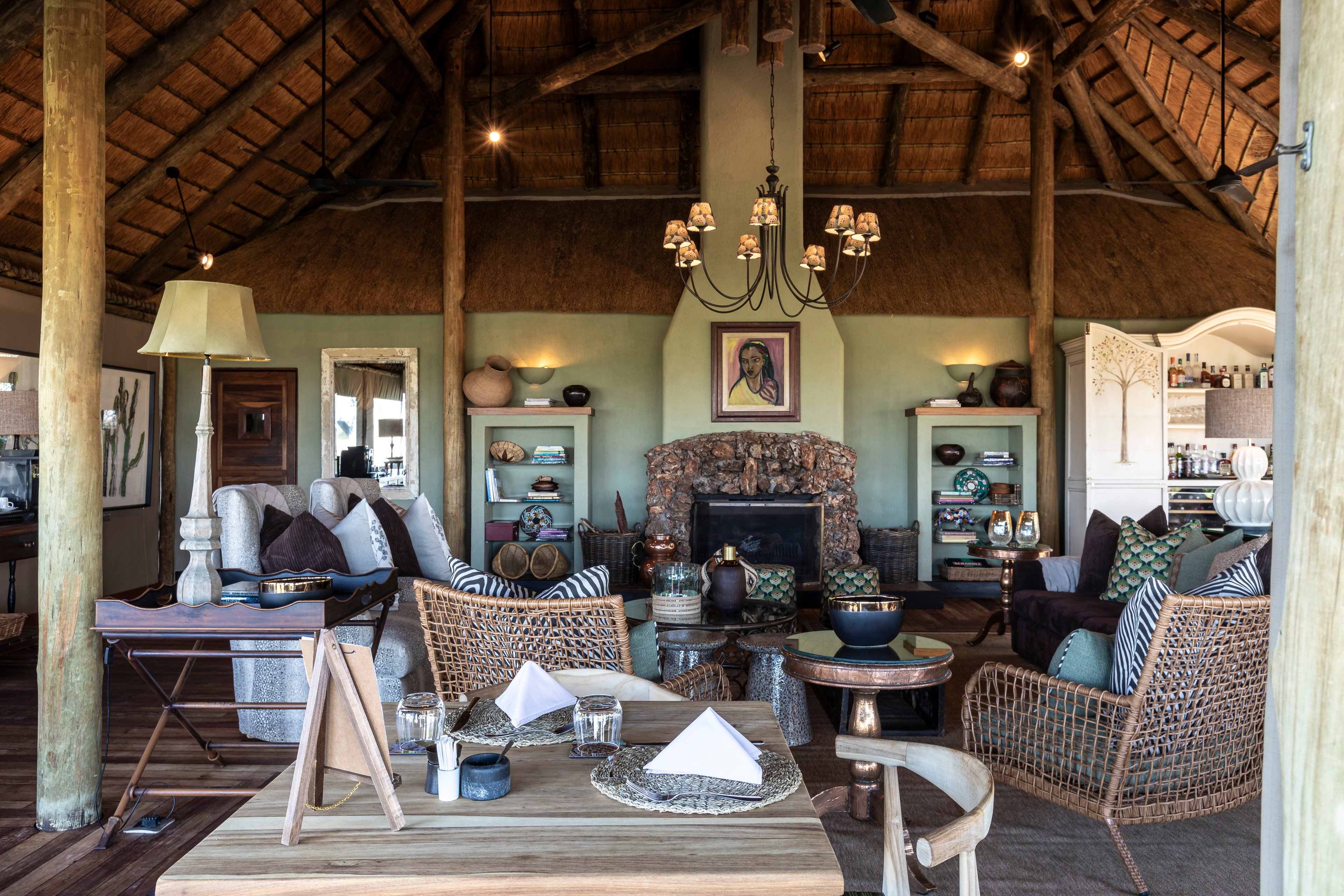Wild Wonders: Encounters in Ongava’s wilderness
In 1991, a diverse group of nature enthusiasts came together with a bold vision: to rehabilitate 4 unproductive cattle farms on the southern boundary of Etosha National Park and turn it into a thriving sanctuary for wildlife. This land, once struggling under harsh conditions, was reborn as Ongava, which means "rhino" in the Herero language, a fitting name for a reserve that would become a refuge for the threatened white and black rhinos.
Over the past three decades, Ongava has evolved into one of Africa's great conservation success stories. The reserve is now home to a rich diversity of wildlife, including lions, rhinos, elephants, black-faced impala, and more, all coexisting in their natural habitats. Ongava's commitment to conservation is mirrored in its dedication to research and education, with the Ongava Research Centre leading groundbreaking studies that inform and inspire conservation efforts globally.
But Ongava is more than just a haven for wildlife, it's a place where the dreams of its founders continue to thrive, ensuring that future generations can experience the wonders of Africa's wildlife in their natural environment. Through sustainable tourism practices, Ongava balances the needs of nature with those of humanity, setting a standard for responsible ecotourism.
As you explore Ongava, whether through the eyes of a researcher, in the footsteps of our guides or as a visitor immersed in the wild, you are part of this ongoing story - a story of hope, renewal, and the relentless pursuit of a dream.
Join us in celebrating this remarkable journey and stay tuned for more stories from the wild at Ongava.
share
Subscribe to Ongava
Get the latest updates. News about Ongava, offers, our conservation efforts and much more.
By loading this form, I agree to having my personal and contact information processed and used for the purpose of marketing communications. For more details, visit our Privacy policy
